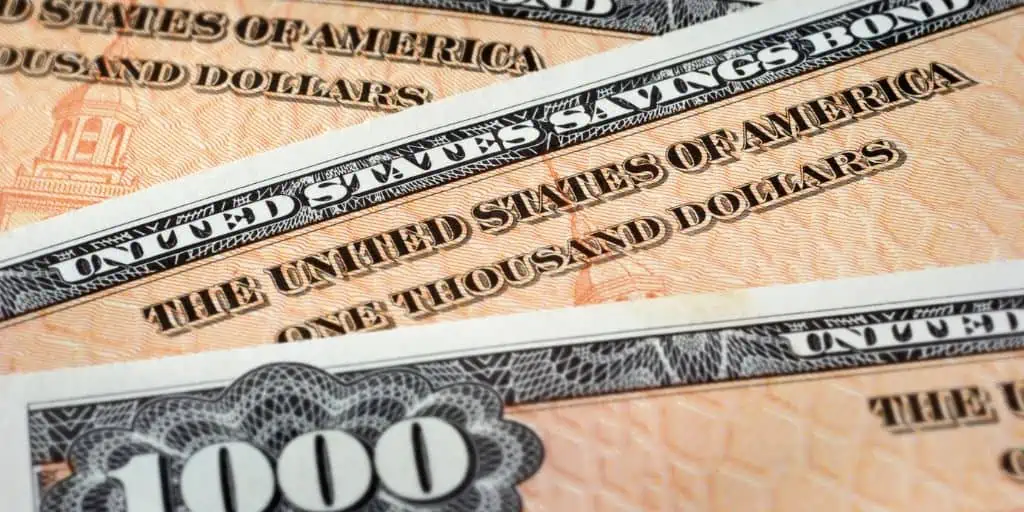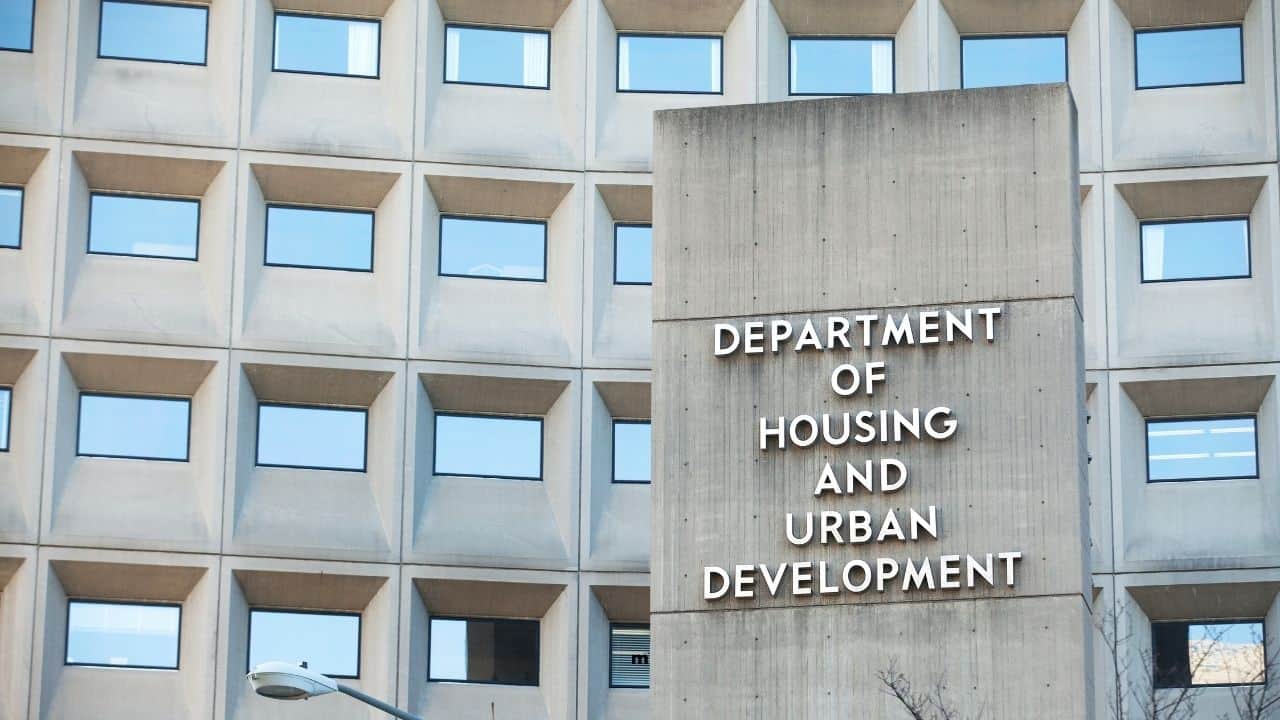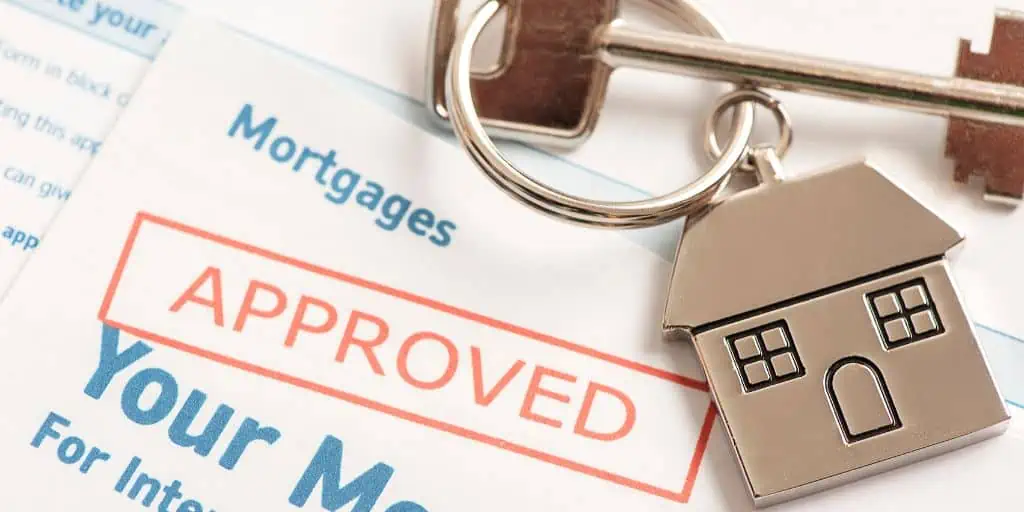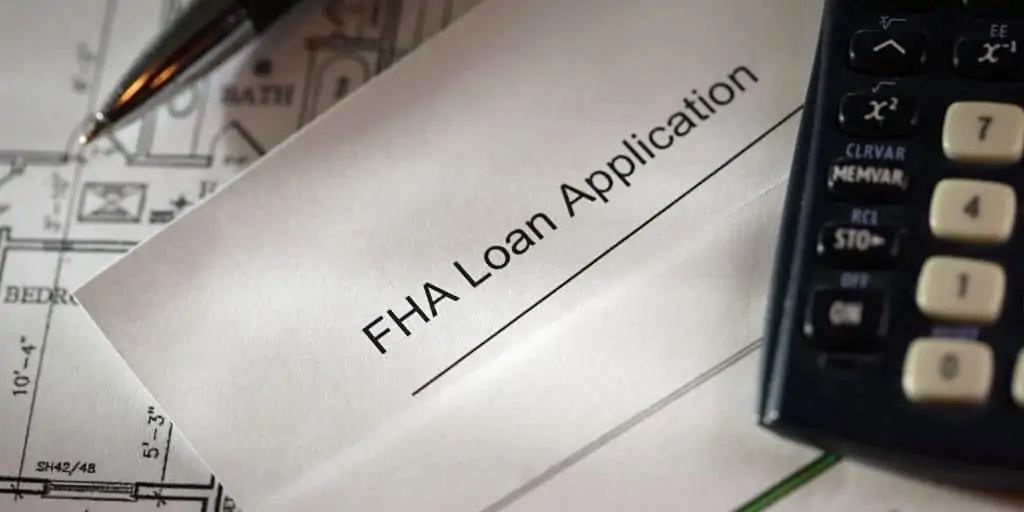What Is Ginnie Mae (GNMA)?
REtipster does not provide tax, investment, or financial advice. Always seek the help of a licensed financial professional before taking action.
Shortcuts
- Ginnie Mae, the common name for the Government National Mortgage Association (GNMA), is a government-owned corporation that guarantees federally insured mortgages and sells them to investors in the secondary mortgage market.
- Ginnie Mae buys federally insured mortgages from a primary mortgage lender, securitizes these mortgages into a mortgage-backed security (MBS), and sells them to investors.
- This makes Ginnie Mae a critical piece in freeing lender capital, so mortgage lenders can lend more money to home buyers—resulting in more affordable and accessible housing.
- Investing in Ginnie Mae bonds is generally risk-free as they are backed by the creditworthiness of the U.S. government.
How Does Ginnie Mae Work?
Ginnie Mae, short for the Government National Mortgage Association (GNMA), is a government-owned corporation that works by providing liquidity to the primary mortgage market. Ginnie Mae’s mission is to make housing affordable for everyone[1] by guaranteeing loans sold in the secondary mortgage market.
Ginnie Mae is a government-sponsored enterprise (GSE), similar to Fannie Mae and Freddie Mac. However, Ginnie Mae is wholly owned by the government[2], unlike the other two.
To break down how Ginnie Mae works, here is a typical timeline of a mortgage backed by this housing finance system:
- A buyer applies for a government-backed mortgage, such as an FHA loan.
- A lender underwrites and originates the FHA loan.
- The FHA loan is sold to Ginnie Mae, which frees up the lender’s capital so they can lend it to another borrower.
- Ginnie Mae bundles this FHA loan with several and similar loans as a mortgage-backed security (MBS), also known as Ginnie Mae bond or mortgage bond.
- Ginnie Mae sells these bonds to investors.
These bonds attract investors because even when mortgage borrowers fail to pay on a federally backed mortgage, Ginnie Mae steps in and makes the investors whole.
Ginnie Mae does not offer loans itself but merely guarantees a government-backed mortgage.
BY THE NUMBERS: In one study, the United States ranked the fifth lowest in homeownership rate among developed countries with a 63.7% homeownership, well below the 69.6% average.
Source: Urban Wire
Government-Insured Mortgages Under Ginnie Mae
Ginnie Mae guarantees marketed MBS exclusively comprised of federally insured loans, such as FHA-insured mortgages[3].
It secures a variety of these loans, such as:
- Housing and Urban Development (HUD)
- Federal Housing Administration (FHA)
- Office of Public and Indian Housing (PIH)
- Veterans Affairs (VA) Home Loan Program for Veterans
- Department of Agriculture’s (USDA) Rural Development Housing
- Community Facilities Programs and Rural Development Guaranteed Rural Rental Housing Program (RD)
Most of these programs were created essentially to stimulate mortgage lending to low-income and middle-income American households. To encourage lenders, they insure the mortgages of borrowers qualified under these programs.
To support affordable housing, these programs also typically carry more liberal loan terms. For instance, the FHA loans’ credit score requirement is lower than conventional loans[4].
Why Ginnie Mae Matters to Home Buyers
Ginnie Mae allows capital to flow freely in the primary mortgage market (i.e., the borrowers and the lenders). This happens because when a financial institution lends money to a borrower so they can buy a home, their capital is tied up with that loan until it can become fully repaid, which can be anywhere from 15 to 30 years in a typical mortgage (sometimes up to 40 years).
With conventional mortgages, the lender may charge the borrower exorbitant fees and interest rates so they can somehow have enough capital to fund the next borrower.
Because Ginnie Mae essentially buys the loan from the lender, this payment allows the lender to lend money again to a new borrower. This act effectively removes the need for the lender to charge high interest rates, keeping housing affordable.
Why Ginnie Mae Matters to Investors
Ginnie Mae guarantees investors that when they buy a Ginnie Mae bond, both the principal and interest payments of the MBS will be made on time and in full, even if the borrower(s) associated with that bond defaults.
In short, Ginnie Mae builds investor confidence in mortgage-backed securities by reducing their financial risk[5].
For the most part, other mortgage-backed securities issued by Fannie Mae and Freddie Mac function the same way. These two, however, guarantee conventional loans[6] instead of federally insured loans like Ginnie Mae. Those loans are generally riskier than the loans insured by Ginnie Mae, which are backed by the “full faith and credit” of the United States government.
Private-Label MBS Eligibility Requirements for Ginnie Mae Bonds
Ginnie Mae and other housing GSEs typically securitize and issue mortgage-backed securities themselves. However, other mortgage lenders, such as banks and credit unions, may also issue mortgage-backed securities, known as “private-label MBS.”
Ginnie Mae imposes some eligibility requirements[7] for private-label MBS that bundle federally insured home loans.
According to these guidelines, the issuers must:
- Be FHA-approved and in good standing.
- Have the management capacity and experience in the underwriting, origination, and servicing eligible mortgage loans.
- Have the organizational, financial, procedural, and quality control resources to form loan pools or packages eligible as Ginnie Mae bonds.
The issuers, in addition, must make timely payments to their security holders. They must also pay the Ginnie Mae guarantee fee on time.
Sources
- HUD. (n.d.) Government National Mortgage Association (Ginnie May.) Retrieved from https://www.hud.gov/hudprograms/Ginnie_Mae_I
- The Edge. (n.d.) Ginnie Mae Fills the Private-Lending Gap. Retrieved from https://www.huduser.gov/portal/pdredge/pdr_edge_featd_article_011215.html
- Graham, K. (2021.) Ginnie Mae (GNMA): How the Government National Mortgage Association Works, and Its Effect on the Housing Market. Rocket Mortgage. Retrieved from https://www.rocketmortgage.com/learn/ginnie-mae
- Johnson, J. (2021.) What Are Mortgage-Backed Securities? Rocket Mortgage. Retrieved from https://www.rocketmortgage.com/learn/mortgage-backed-securities
- Beers, B. (2021.) What Is a Ginnie Mae Security? Investopedia. Retrieved from https://www.investopedia.com/ask/answers/ginnie-mae-security/
- Ginnie Mae Summit. (2016.) The Differences Between Ginnie Mae and the GSEs and Why It’s Important. Retrieved from https://www.ginniemae.gov/issuers/issuer_training/Summit%20Documents/gnma_gse_differences.pdf
- Ginnie Mae. (n.d.) How to Participate. Retrieved from https://www.ginniemae.gov/about_us/how_to_participate/pages/becoming_an_issuer.aspx












